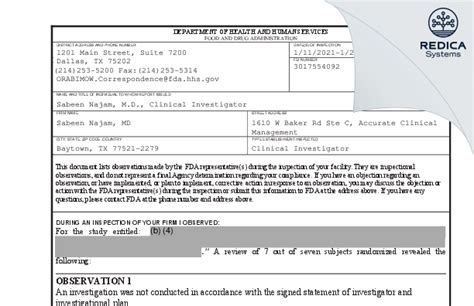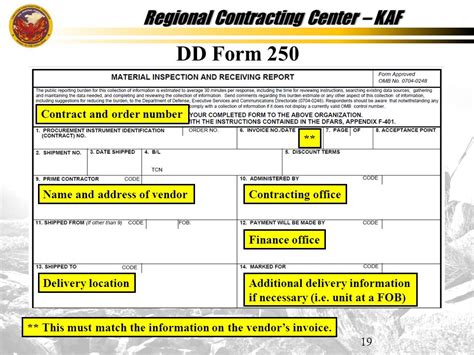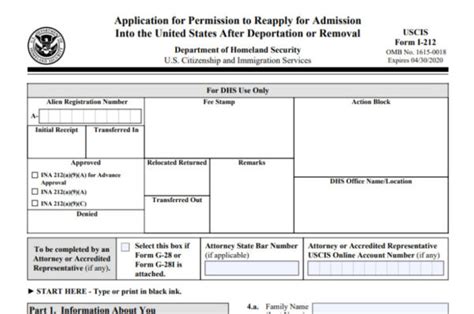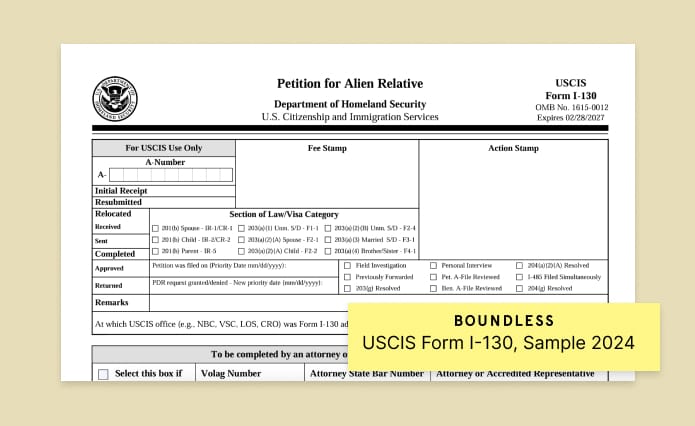Navigating the legal landscape can be daunting, especially when it comes to understanding the costs involved in consulting a lawyer. Whether you’re dealing with a relationship-related legal issue or seeking general legal advice, knowing what to expect in terms of fees is crucial. This guide delves into the various aspects of lawyer consultation costs, from the difference between free and paid consultations to the factors that influence pricing. By understanding what’s included in a consultation and how to prepare for your initial meeting, you’ll be better equipped to make informed decisions and maximize the value of your legal consultation.
bzcat.xyz invites you to delve into this topic thoroughly.
1. Types of Legal Consultations: Free vs. Paid Consultations
When seeking legal advice, it’s essential to understand the types of consultations available: free and paid. Free consultations are typically short, introductory meetings where a lawyer assesses your case and determines whether they can assist you. These consultations often last 15-30 minutes and are designed to provide a general overview rather than in-depth advice. While they can be helpful for initial guidance, they may not offer comprehensive solutions.
On the other hand, paid consultations involve a more detailed discussion of your legal issues. Lawyers may charge an hourly rate or a flat fee for these meetings, which usually provide more thorough advice and specific recommendations tailored to your situation. Paid consultations are beneficial when you need detailed legal analysis or a more complex evaluation of your case. Deciding between free and paid consultations depends on the complexity of your issue and how much guidance you need at the outset. Understanding the difference can help you choose the best option for your needs.

2. Average Costs of Lawyer Consultations: Factors Influencing the Price
The cost of lawyer consultations can vary widely depending on several factors. On average, a lawyer consultation may range from $100 to $300 per hour, but this can fluctuate based on the lawyer’s experience, the complexity of your case, and your location. In larger cities, fees tend to be higher, while in smaller towns, you might find more affordable rates.
The lawyer’s expertise is another significant factor. Attorneys with specialized knowledge or a strong track record in specific legal fields often charge more for their services. Additionally, the complexity of your legal issue plays a role in determining the consultation fee. For straightforward matters, the cost may be on the lower end, while complex cases that require more in-depth analysis may lead to higher consultation fees.
Some lawyers may offer a flat fee for an initial consultation, which provides clarity on costs upfront. Others may bill by the hour, which can vary depending on the length and detail of the meeting. Understanding these factors can help you anticipate the potential costs and ensure you’re prepared for your consultation, whether you’re seeking initial guidance or a more comprehensive legal assessment.

3. What’s Included in a Lawyer Consultation: Services and Advice You Can Expect
During a lawyer consultation, the services and advice provided are crucial to understanding your legal standing and the next steps in your case. Typically, a consultation serves as an opportunity for you to present your legal issue, while the lawyer assesses the situation and offers preliminary advice. The main goal of this meeting is to determine whether your case has merit, outline potential legal strategies, and discuss the likelihood of success.
In a free consultation, you can expect a general overview of your situation. The lawyer may ask questions to gather basic information and provide initial thoughts on your case. However, in-depth legal advice or detailed action plans are usually not included in free sessions due to time constraints.
In a paid consultation, the lawyer will delve deeper into your issue, offering more specific advice tailored to your circumstances. This might include discussing potential legal actions, the possible outcomes of different approaches, and any risks involved. The lawyer may also review relevant documents you bring, helping to clarify the legal context and how it applies to your situation.
Overall, a lawyer consultation provides valuable insights into your legal options and the potential costs involved, allowing you to make informed decisions about how to proceed with your case.

4. Questions to Ask During the Consultation: Maximizing the Value of Your Meeting
To make the most of your lawyer consultation, it’s essential to ask the right questions. Start by asking about the lawyer’s experience with cases similar to yours. Understanding their background in handling issues like yours can give you confidence in their ability to provide effective representation.
Next, inquire about the potential outcomes of your case. While no lawyer can guarantee results, they should be able to discuss the possible scenarios and the likelihood of success based on their expertise. It’s also important to ask about the legal strategy they recommend and any alternative approaches that might be available. This can help you understand your options and choose a path that aligns with your goals.
Additionally, discuss the expected costs beyond the consultation, including potential legal fees, court costs, and any other expenses you might incur. This will help you budget for the process and avoid surprises down the line.
Finally, ask about the next steps if you decide to proceed. Knowing what to expect after the consultation can help you stay organized and prepared as you move forward with your legal matter.
5. How to Prepare for Your Consultation: Documents and Information to Bring
Proper preparation for your lawyer consultation can significantly enhance its effectiveness. Start by gathering all relevant documents related to your case. This might include contracts, correspondence, financial records, or any previous legal documents. Having these materials on hand will allow the lawyer to review your situation more thoroughly and provide accurate advice.
It’s also helpful to create a concise summary of your case. Outline the key facts, timelines, and any specific concerns or questions you have. This not only helps you communicate your issue clearly but also ensures that you don’t forget any important details during the meeting.
If there are other parties involved, such as witnesses or other legal representatives, bring their contact information and any correspondence you’ve had with them. Additionally, jot down any questions you want to ask during the consultation to ensure you cover all the bases.
By being well-prepared with documents and a clear overview of your case, you’ll be able to make the most of your consultation, giving the lawyer the necessary information to offer valuable guidance and advice.
6. Understanding Retainer Fees: What They Are and How They Affect Costs
Retainer fees are a common aspect of legal services, and understanding them is crucial when budgeting for legal representation. A retainer fee is an upfront payment made to secure a lawyer’s services. This fee is often deposited into a trust account, from which the lawyer deducts their hourly fees and other expenses as they work on your case. Essentially, a retainer acts as a down payment, ensuring that the lawyer is available to represent you.
The amount of the retainer can vary widely depending on the complexity of your case, the lawyer’s experience, and the anticipated time commitment. For instance, more complex cases requiring extensive legal work may require a higher retainer, while simpler matters might involve a smaller fee.
It’s important to note that the retainer is not a flat fee; it serves as a reservoir from which costs are drawn as they accrue. If the legal fees exceed the retainer amount, you may be required to replenish the fund or pay additional costs. Conversely, if the case is resolved quickly and funds remain in the retainer, some lawyers will refund the balance.
Understanding how retainer fees work and how they affect overall costs can help you plan financially and avoid unexpected expenses as your legal matter progresses.
7. Comparing Costs Across Legal Fields: Differences in Consultation Fees for Various Specialties
Consultation fees can vary significantly across different legal fields, reflecting the specialized nature of each area. For example, family law consultations, which deal with issues such as divorce and custody, may have lower fees compared to complex corporate or intellectual property law consultations. This is often due to the complexity and expertise required in different specialties.
Criminal defense lawyers might charge higher consultation fees because of the high stakes involved and the need for detailed legal strategies. In contrast, consultations for less complex matters like basic estate planning might be more affordable.
Additionally, legal fields that require more extensive research or ongoing representation typically command higher consultation fees. Specialized areas such as medical malpractice or complex commercial litigation often involve significant preparation and expertise, which can drive up costs.
Understanding these variations can help you anticipate and manage consultation fees based on the specific legal field relevant to your situation. Comparing costs and assessing the required level of specialization can ensure you choose the right legal expert within your budget.
8. Negotiating Consultation Fees: Tips for Reducing Costs or Finding Affordable Options
Negotiating consultation fees can help you manage legal costs and find affordable options. Start by discussing the fee structure with the lawyer upfront. Some lawyers may offer flexible payment plans or sliding scales based on your financial situation, especially if you’re dealing with a significant financial burden.
It’s also beneficial to inquire about alternative billing arrangements. For instance, some lawyers might agree to a flat fee for specific services rather than charging by the hour. This can provide more predictability and control over costs.
Consider requesting a brief initial consultation, which some lawyers offer for free or at a reduced rate. Use this opportunity to assess whether their services align with your needs and budget before committing to a more extensive consultation.
Additionally, look for community resources or legal aid organizations that provide low-cost or free legal consultations. These services are often available for individuals with limited financial means and can be a valuable resource for managing legal expenses.
Lastly, don’t hesitate to compare fees between different lawyers. Getting estimates from multiple professionals can give you a better understanding of standard rates and help you negotiate more effectively. Being proactive and informed can help you find affordable legal support while ensuring you receive the necessary guidance.
Understanding lawyer consultation costs and how to prepare for your meeting can greatly enhance your experience and help you manage expenses effectively. By knowing what to expect, asking the right questions, and exploring ways to reduce costs, you can make informed decisions and secure the legal guidance you need. Your preparation and awareness are key to navigating legal consultations successfully.
bzcat.xyz
